
The best laptop for scientific computing is one that can handle the intense tasks involved in scientific computing. These laptops need to be strong and durable to withstand the tests of time as well as the pressure of being in the hand of a scientist or engineer.
Scientists and researchers need the latest and greatest hardware to do their work. Their laptop needs to be able to have a long battery life, have fast processing speed, and have enough memory to store their work.
At a Glance:
So if you are in search of a laptop for your scientific computational work, we have good news. In this blog, we have listed down some of the best laptops for scientific computing, so you can grab one and start with your work right away.
- Summary of the Best Laptop for Scientific Computing
- Best Laptop for Scientific Computing
- Dell XPS 13 9310 Laptop
- ASUS VivoBook Pro 15 Oled
- Razer Blade 15 Gaming Laptop
- MSI Stealth 15M Gaming Laptop
- HP Victus 16T Laptop
- Buying Guide for the Best Laptop for Scientific Computing
- Frequently Asked Questions
- Conclusion
Summary of the Best Laptop for Scientific Computing
| Award | Design | Laptop | Retailer |
|---|---|---|---|
| Best laptop for computational work |  | Check Price | |
| Best laptop for data science machine learning | Budget Pick 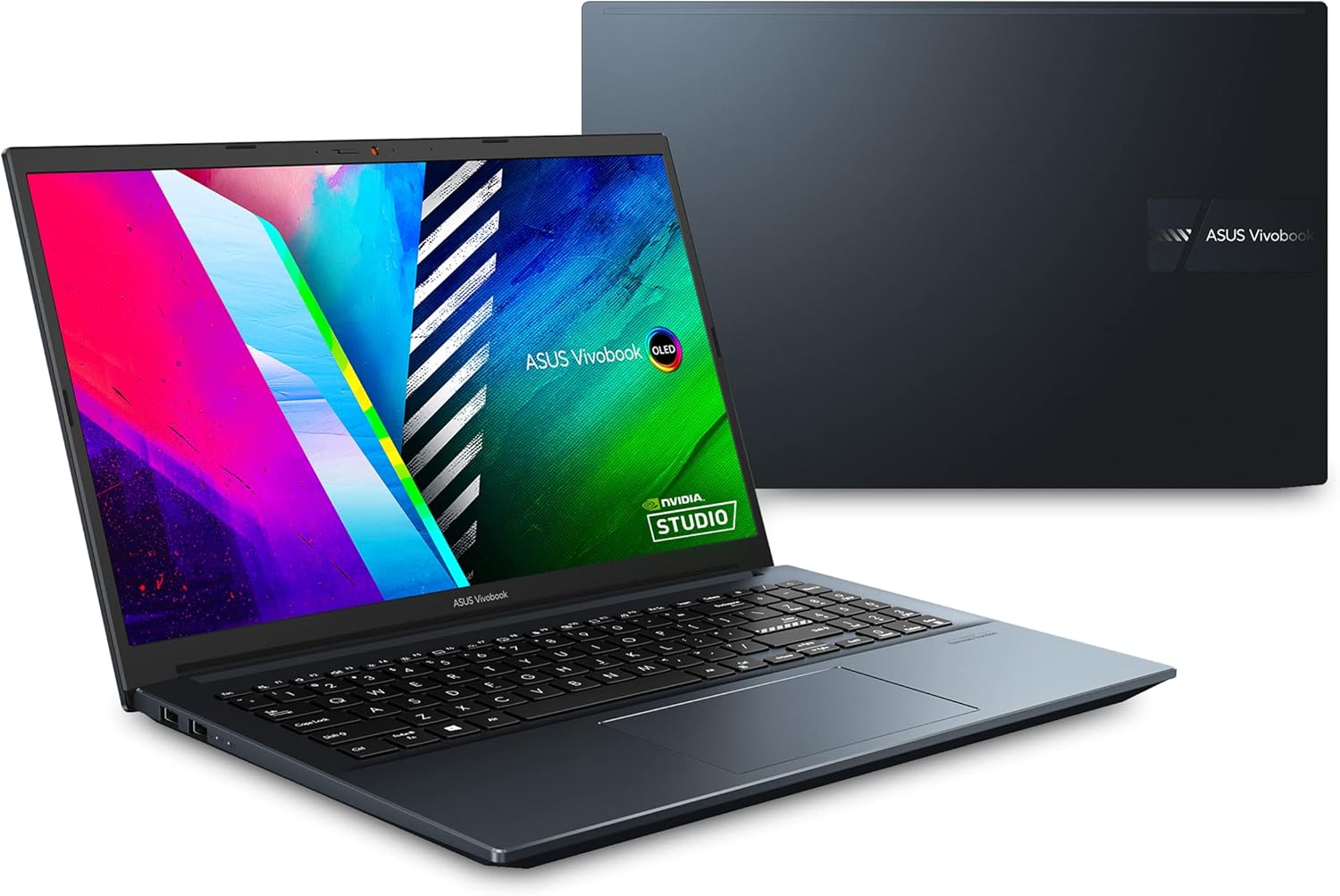 | Check Price | |
| Best laptop for mathematical modeling | Best Pick  | Check Price | |
| Best laptop for data analysis |  | Check Price | |
| Best laptop for numerical simulation | Staff Pick 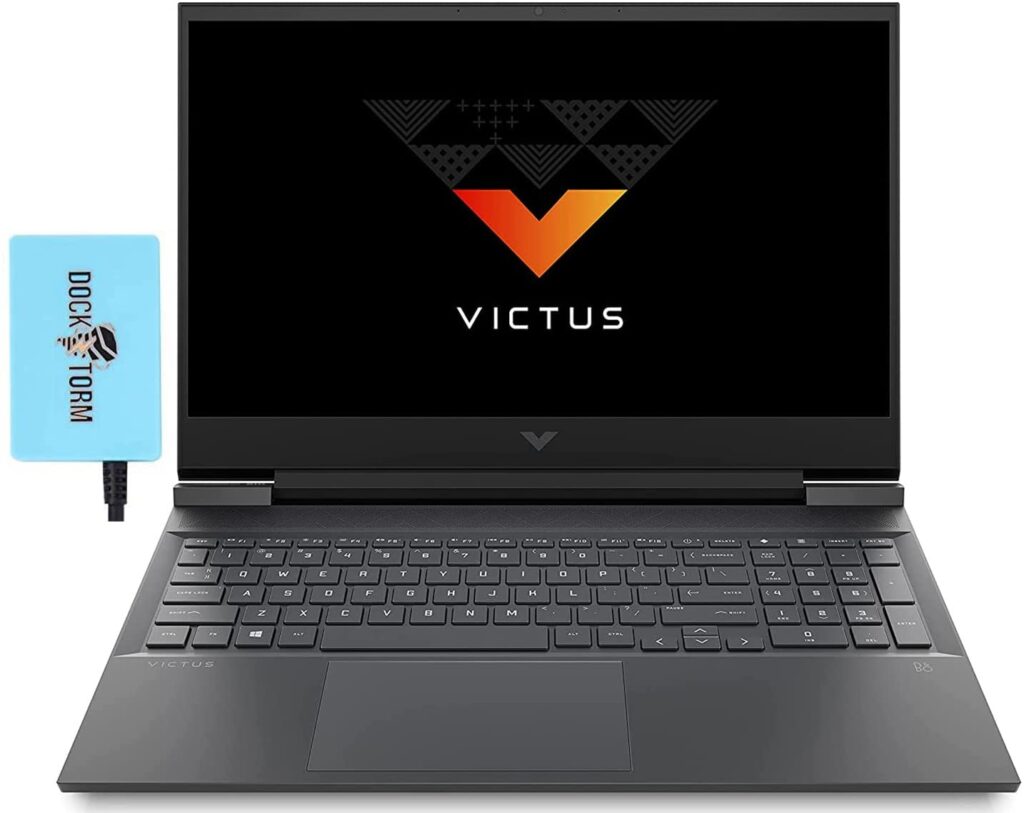 | Check Price |
Best Laptop for Scientific Computing
Dell XPS 13 9310 Laptop
Best laptop for computational work
| Brand | Dell |
| Dimensions | 7.82 x 11.64 x 0.58 inches |
| Weight | 2.8 pounds |
| ASIN | B09DFKQL8K |
Dell XPS 13 9310 Laptop is a lightweight, powerful laptop that combines performance and portability. This XPS 13 features a stunning 13.4-inch Full HD+ display and is less than 0.58 inches thin, making it one of the smallest and thinnest laptops in its class.
Its powerful 11th Gen Core i7 processors deliver speeds of up to 4.8 GHz, helping you easily complete tasks and enjoy digital content. Intel Iris Xe Graphics provide a sharp, clear picture and enable smooth multi-tasking. Plus, the ultra-fast 512GB SSD PCIe SSD with 16GB RAM ensures operations and app launches happen almost instantly.
The energy-efficient Dell XPS is designed to last for hours on a single charge thanks to its 52 Whr Battery. This best laptop for scientific computing comes equipped with premium touches such as a fingerprint reader and a backlit keyboard, to give you a premium experience wherever you go.
Pros
- 13.4-inch FHD+ Display
- Intel Core i7-1195G7
- 16GB RAM
- 512GB SSD
- Intel Iris Xe Graphics
Cons
- The touchscreen may not be useful for you
ASUS VivoBook Pro 15 Oled
Best laptop for data science machine learning
Budget Pick| Brand | ASUS |
| Dimensions | 14.17 x 9.26 x 0.74 inches |
| Weight | 3.64 lbs |
| ASIN | B09MMX24B8 |
ASUS VivoBook Pro 15 Oled is a laptop with good performance. The high-end Ryzen 7 5800H CPU from AMD and NVIDIA GeForce RTX 3050 graphics will help you in doing scientific computation without dealing with any lag problems.
What’s more, made from premium material, it is a professional laptop that is whole-heartedly considered one of the best laptops for software engineering students. Its body has a thickness of just 0.74 inches and contains a total of 3.64 lbs weight. The notebook’s body is both ergonomic and functional.
The display reaches a maximum resolution of 1920 x 1200 pixels and is super-wide 15.6 inches. The blue light reduction technology and SGS Eye Care Display provide eye protection and prevent eye fatigue. The built-in stereo speakers provide high-quality sound with strong volume. Furthermore, it is equipped with a 512GB SSD, and 16GB of RAM.
Pros
- 15.6” FHD OLED Display
- AMD Ryzen 7 5800H CPU
- NVIDIA GeForce RTX 3050
- 16GB RAM
- 512GB SSD
Cons
- Keyboard quality must be improved
Razer Blade 15 Gaming Laptop
Best laptop for mathematical modeling
Best Pick| Brand | Razer |
| Dimensions | 17.52 x 14.13 x 4.09 inches |
| Weight | 8.78 pounds |
| ASIN | B09RC3V656 |
Do you find yourself on the computer for hours on end, whether it’s for work or for playing games like Warzone? Then you need the high performance of the Razer Blade 15 Gaming Laptop. The Razer Blade 15 offers a slim, sleek design that includes a 360Hz, Full HD display for a truly immersive experience.
It’s more than capable of handling all your favorite apps, tasks, and games. With a powerful 12th Gen Intel i7 Core processor and NVIDIA GeForce RTX graphics, you can do anything you want with this best laptop for scientific computing. The slim, lightweight aluminum chassis will keep it safe wherever you go.
It supports up to 16GB of DDR4 RAM and includes a 1TB NVMe PCIe SSD for multitasking and storage needs. Scientific computing can put a toll on your laptop and it can get overheated, but to protect it from any overheating, the Next-Gen Vapor Chamber Cooling System is available that will help maintain its temperature.
Pros
- NVIDIA GeForce RTX 3070 Ti
- 12th Gen Intel i7 CPU
- 15.6” FHD 360Hz
- 16GB DDR5 RAM
- 1TB PCIe SSD
Cons
- Expensive
- Bulky
MSI Stealth 15M Gaming Laptop
Best laptop for data analysis
| Brand | MSI |
| Dimensions | 14.1 x 9.76 x 0.63 inches |
| Weight | 3.73 pounds |
| ASIN | B091GGZT1S |
Are you looking for an affordable and reliable laptop for your needs? MSI has got you covered. The MSI Stealth 15M Gaming Laptop is designed for efficiency, style, and longevity. It is powered by an Intel Core i7-11375H processor with a clock speed of 3.3 GHz and for gamers and multimedia buffs, the laptop has NVIDIA GeForce RTX 3060 graphics card.
The laptop is backed by 16GB of RAM that delivers powerful performance for your daily computing tasks. To create a smooth loading experience of apps, the laptop has a 512GB SSD installed on it. Furthermore, the 15.6-inch display has a resolution of 1920×1080 pixels, which translates to a Full HD experience.
Moreover, the laptop is equipped with a Thunderbolt 4, a wireless technology that delivers a data transfer rate of up to 40 Gbps. The laptop has a Cooler Boost Technology which will maintain its temperature while using it for heavy tasks.
Pros
- 15.6″ 144Hz FHD Display
- Intel Core i7-11375H
- NVIDIA GeForce RTX 3060
- 16GB
- 512GB SSD
Cons
- Not a lightweight model
- Not suitable for people on the go
HP Victus 16T Laptop
Best laptop for numerical simulation
Staff Pick| Brand | HP |
| Dimensions | 11 x 15 x 1 inches |
| Weight | Starting at 5.3 lb |
| ASIN | B09MR3MSWQ |
This HP Victus 16T Laptop lets you tackle everything from scientific computation to gaming with ease. It features a powerful 11th Gen Intel Core i7 processor and can support about 64Gb of RAM, and it can have an 8TB PCIe solid-state drive for fast start-ups and data access.
The 16.1-inch full HD display provides enhanced clarity for a crisp viewing experience. The Windows 10 operating system keeps you connected to your favorite apps and programs. This laptop also offers an integrated 720p webcam and built-in stereo speakers, so you can make video calls and listen to music too.
Its GeForce RTX 3060 graphics card allows you to use it for graphics-intensive applications like adobe creative cloud, and with the Backlit full-size keyboard, you can type in dark. This best laptop for scientific computing is equipped with a 4-Cell 70 WHr battery that lasts for hours between charges.
Pros
- Intel i7-11800H
- Can Support 64GB RAM
- Max 8TB PCIe SSD
- GeForce RTX 3060
- 16.1″ Full HD Screen
Cons
- Too heavy
- Expensive
Buying Guide for the Best Laptop for Scientific Computing
As a laptop buyer, you must be aware that laptops are becoming more powerful every year. However, when it comes to choosing a laptop, you must be very careful. It would be best to make sure that the laptop you chose is powerful enough to run the programs you want to use. Especially if you are a scientific programmer, you need a laptop with adequate power.
Processor: Your laptop is not powerful enough if it has a processor that cannot handle the programs you need to run. You must be able to run the most famous scientific programs such as Mathematica, Maple, and Matlab.
Scientists and programmers use these programs in practically every field. The best laptop for scientific computing should have a processor that is at least core i5. If the processor is core i7 or even core i9, you will have more power to use for other tasks.
RAM: The more RAM your laptop has, the better it can handle multitasking. Since your computer will be operating a lot of data in different programs, you need to make sure that it has at least 8Gb of RAM to handle any type of data processing, or for a better experience, you can opt for 16Gb of ram or more.
Storage: Since you need a laptop with enough storage to handle the programs you use, you must make sure that your laptop has a good amount of storage space. Storage is different from RAM in the sense that it holds data while RAM holds information. A standard laptop should have at least 512 GB or more. This will ensure that your laptop can store applications and data for processing or computing.
Display: You need to make sure that your laptop has a good display so that you can read clearly and efficiently. The display should be at least 15 inches. You can also choose between a laptop that has a full HD display or a 4k display, depending on your budget and needs.
Battery Life: The laptop’s battery life is also vital because it defines how long the laptop can run without charging. Besides running programs, it also needs to be charged so that you can use it for other purposes like watching movies and playing games. A laptop must be able to run for at least 6 hours before it needs to be charged again.
GPU: The GPU is responsible for the graphical capabilities of your laptop. The better the GPU, the better it can handle complex tasks like game development. A good laptop should have at least 2GB of VRAM.
Cooling System: Your laptop’s cooling system must be good enough so that if you are using it to the fullest, your laptop’s temperature has to be controlled because if the laptop overheats, it can damage some components and can shut down in the middle of computation. A sound cooling system will keep the laptop cool even if running multiple programs and opening many windows.
Weight: Many people are aware that a lighter laptop is generally better. A laptop should have enough weight so you can carry it easily in your backpack. A good laptop should weigh between 1.5 to 3 kg without additional accessories such as a mouse, keyboard, and other peripherals.
Warranty: You need to make sure that your best laptop for scientific computing has a warranty so that you can return it if there are any technical issues with your computer after purchasing it. Also, make sure that the warranty covers any accidental damage and hardware failures related to software/hardware problems such as malfunctioning hard drives, RAM, etc.
Frequently Asked Questions
Do I need a laptop for computer science?
Yes, you need at least a laptop or computer to study Computer Science. This is because most of the assignments, labs, and most of the projects are done on computers. So you’ll need one. You can even get a desktop, but laptops are better because of mobility. It’s better to get a laptop or a computer to study Computer Science.
Which processor is best for Scientific Computing?
This is an interesting question! But to answer this, let’s first discuss what scientific computing is. Scientific computing is an analysis of data to discover something new. It requires the examination of many data sets. It is important to note that scientific computing is not the same as desktop computing.
Scientific Computing involves the creation and analysis of large data sets. Now, you may ask which processor is best for scientific computing? The answer is Intel i7 or Intel i9 CPU, both are very good and powerful processors that can help you in computing scientific data.
Which laptop is best for research students?
Research students should use and carry a laptop for their studies as it makes their activities easier and more efficient. There are many options available on laptops. However, it may be confusing for a student to choose the best laptop for research. One option is to consider a Chromebook.
Chromebook is a laptop running on the Google Chrome OS and has applications such as Docs, Google Drive, Google Sheets, and more. These applications are free and can be accessed online as well. The Google Chrome OS can also be used by students as it is easy to use and has many tools for students. Chromebooks are affordable, so it is a good choice for students.
Which laptop is best for software engineering students?
All laptops for software engineering students are not the same but we would suggest you go with Apple MacBook Air. This is one of the best choices as it’s portable and has long battery life. It will be a good investment, as you will use it for a longer time. However, decide for yourself and your needs, as there are many other laptops available out there.
Conclusion
Our goal was to provide a list of the best laptops for scientific computing. We have included a variety of options for different budgets. If you want to know what’s the best laptop for you, it’s important to know what to look for. These laptops are not just for computation, some of them are designed for running heavy applications like SolidWorks or for gaming too.
We hope you enjoyed our article about top scientific laptops. With this knowledge, we know that you can make the most of your scientific computing when using a laptop. So what are you waiting for? Choose from our list of scientific laptops, or choose one by yourself with the help of our buying guide.




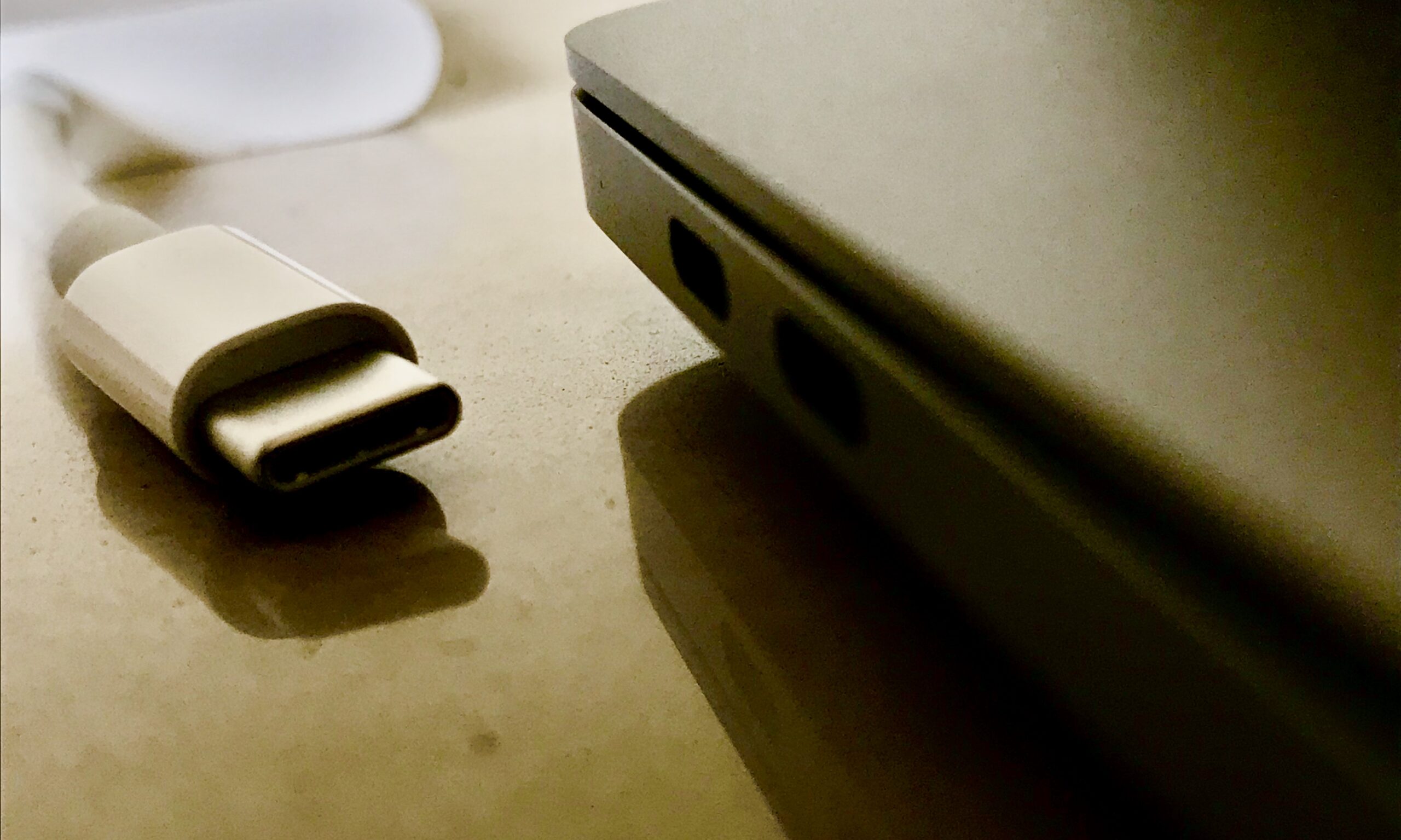



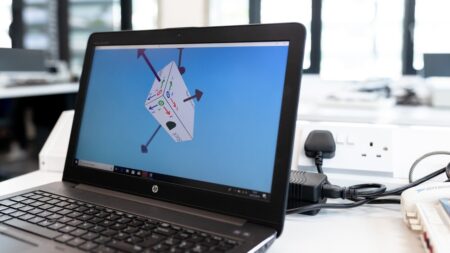

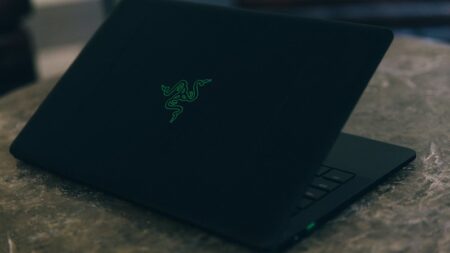
![10 Best Laptop for Realtors – [Review & Guide]](https://reviewermate.com/wp-content/uploads/2021/10/Best-Laptop-for-Realtors-450x253.jpg)